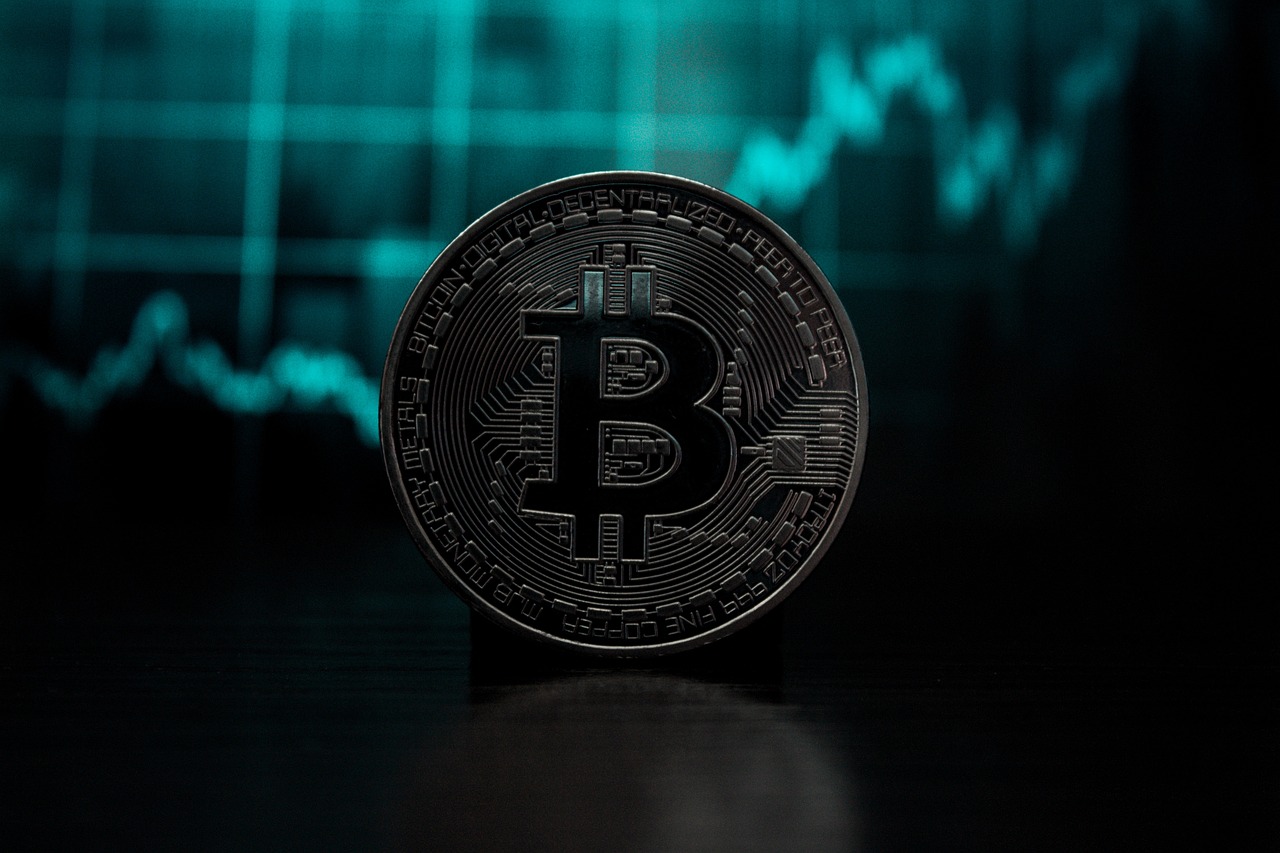Dynamic debates flare regarding the dynamics of privacy and regulation, and possible use in crime, particularly with the rise of privacy-concerned cryptocurrencies. According to supporters, digital currencies ensure financial privacy in a world under very high levels of surveillance, protecting users' transaction details from unwanted eyes. The so-called privacy coins Monero, Zcash, and Dash include fungibility features in these digital assets by ensuring all the coins are equal without consideration to their transaction history.
With such anonymity also come some associated regulatory issues. Governments and financial regulators are concerned that these privacy coins could enable money laundering, tax evasion, and terrorist financing activities. Traceless transactions have made these privacy-related cryptocurrencies a favored choice for some criminals looking to cover their tracks, therefore arousing concerns about possible misuse.

Clamping down hard is the response of some governments: Exchanges have delisted privacy coins or introduced more stringent KYC requirements. Other ways of regulating may balance the right to privacy with the need for compliance-such as proposing new laws that demand features like traceability or transaction monitoring while keeping user confidentiality.
This debate reflects broader tensions between personal privacy and public security, drawing in, for the most part, a line of battle in privacy-focused cryptocurrencies. One of the biggest challenges facing policymakers in particular, but also the crypto community more generally, as technology and regulations continue to evolve, is striking an appropriate balance between allowing privacy and preventing illicit use.
~ Regards,
VEIGO (Community Mod)

